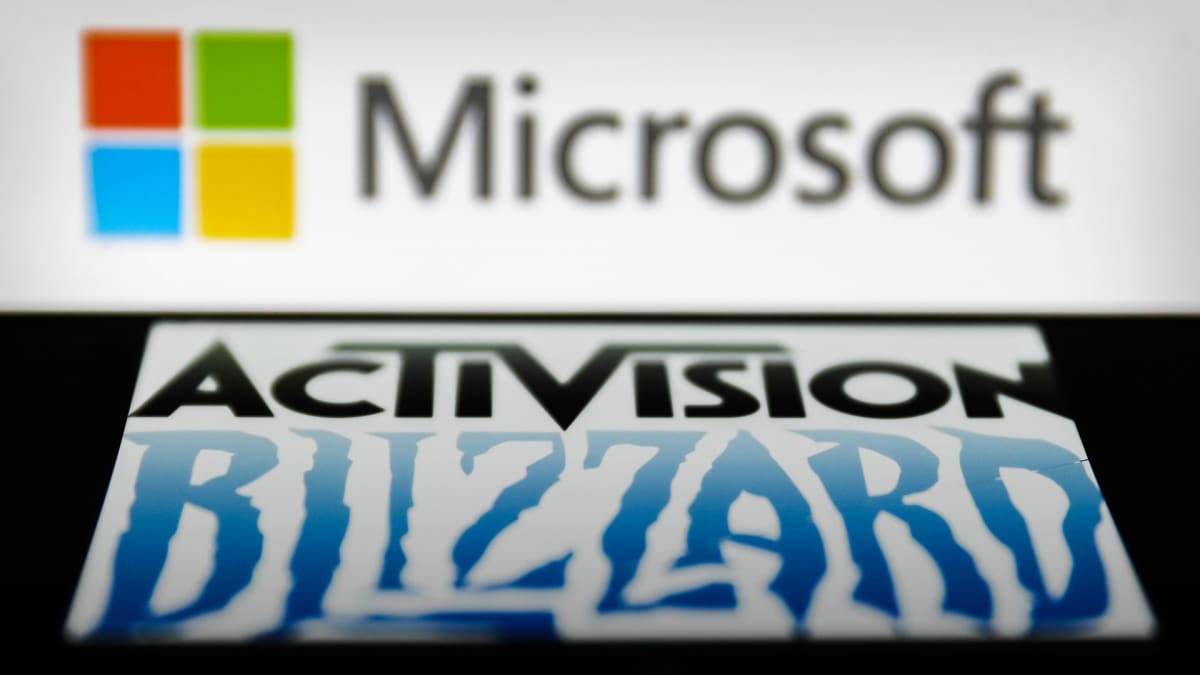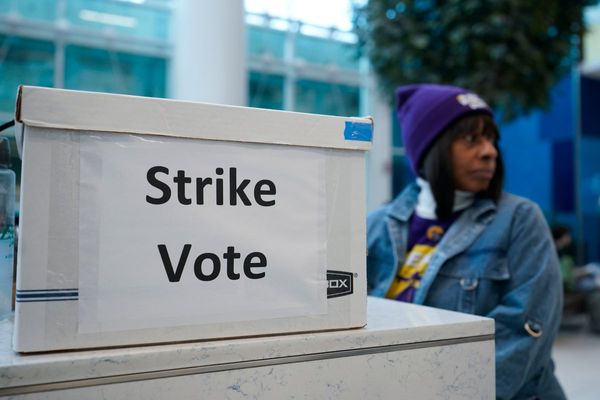
Activision Blizzard (ATVI) shares moved lower Thursday after the U.S. Federal Communications Commission said it would challenge the 'Call of Duty' maker's planned $69 billion takeover by tech giant Microsoft (MSFT).
The FTC said the deal, unveiled earlier this year, would "harm competition in high-performance gaming consoles" by denying or degrading access to its gaming content by rival console makers. The FTC cited Microsoft's 2021 takeover of ZeniMax Media, the parent company of game developer Bethesda Softworks, and the group's decision to make its 'Starfield' and 'Redfall' games exclusive to its XBox console.
Earlier this week, Microsoft President Brad Smith said in a Wall Street Journal editorial that keeping popular games such as 'Call of Duty' only on XBox -- the console made by Microsoft -- would be "economically irrational".
The comments followed a move to offer Sony a ten-year contract that guarantees the simultaneous release of 'Call of Duty' games on both the XBox and Playstation consoles.
“Microsoft has already shown that it can and will withhold content from its gaming rivals,” said FTC Competition Director Holly Vedova. “Today we seek to stop Microsoft from gaining control over a leading independent game studio and using it to harm competition in multiple dynamic and fast-growing gaming markets.”
Activision shares were marked 1.4% lower in late afternoon trading Thursday to change hands at$74.84 each. Microsoft shares, meanwhile, rose 1.34% to $247.65 each.
Activision CEO Bobby Kotick said the FTC allegation that the deal is anticompetitive "doesn't align with the facts" and told company employees he still expects the deal to be completed.
The all-cash offer, which values Activision at $95 per share, gives Microsoft access to 30 internal game development studios, as well as e-sports publishing capabilities, when the deal closes later this year, while helping build-out its XBox console offerings.
"The competitive landscape is shifting, and, simply put, a combined Microsoft-ABK will be good for players, good for employees, good for competition and good for the industry," Kotick said. "Our players want choice, and this gives them exactly that. We believe these arguments will win despite a regulatory environment focused on ideology and misconceptions about the tech industry."







